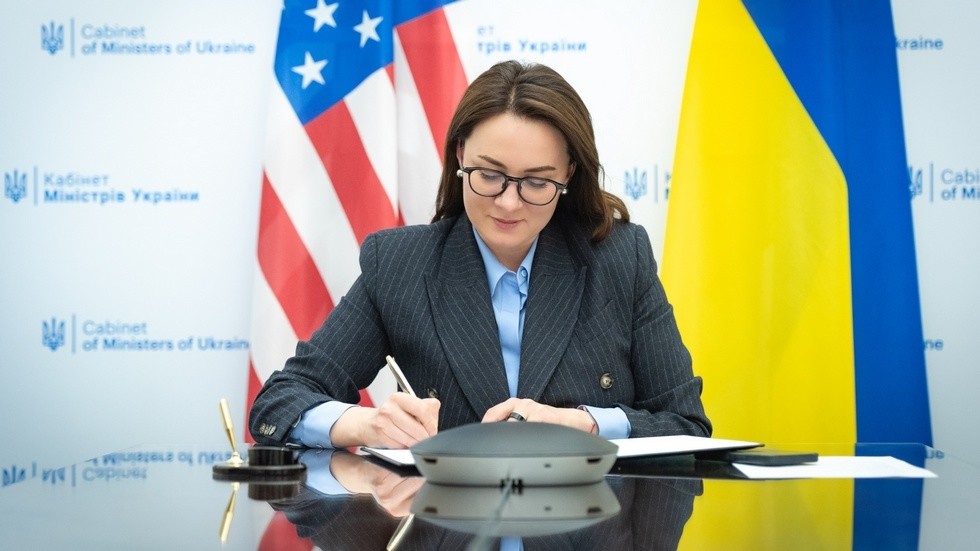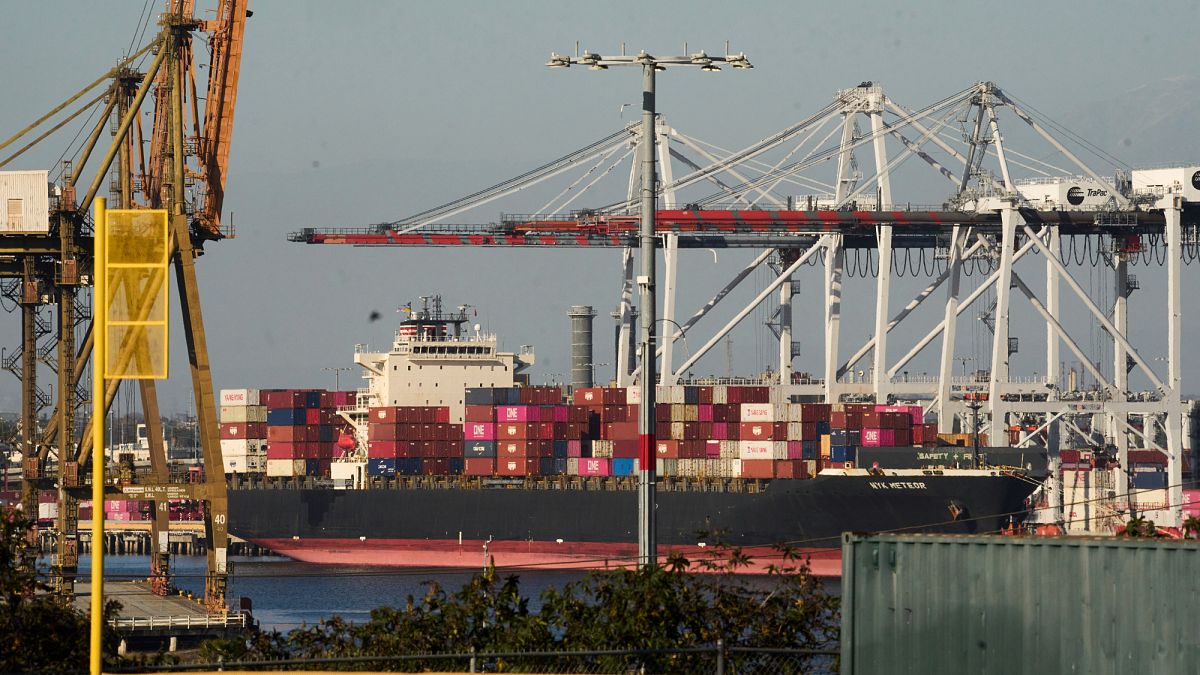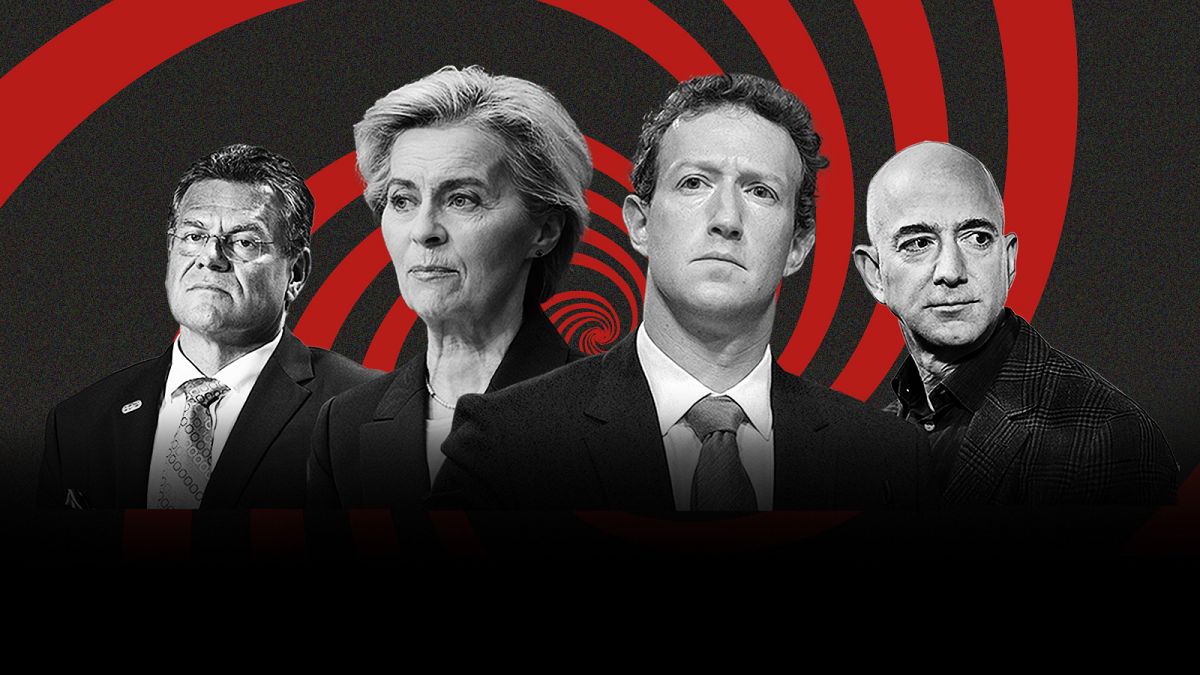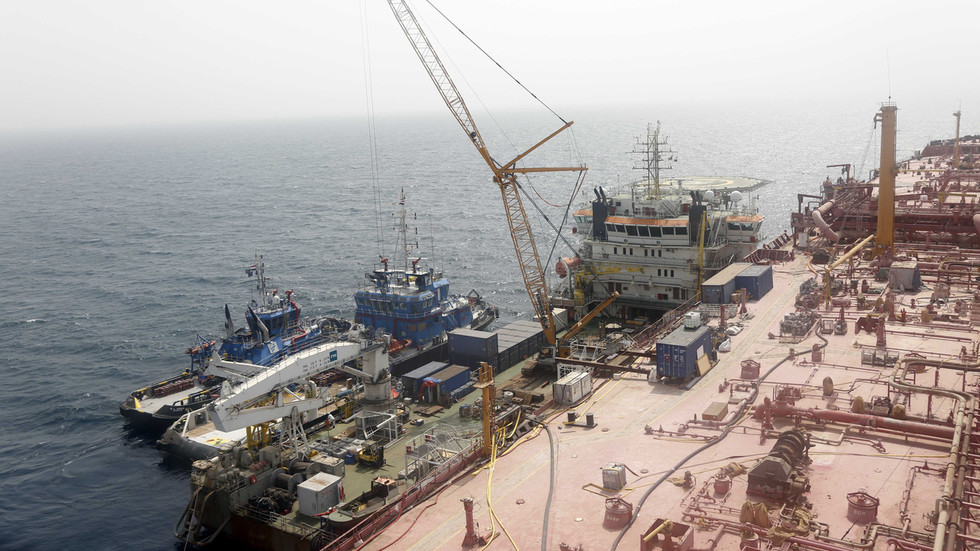The opinions expressed in this article are those of the author and do not represent in any way the editorial position of Euronews.
It is clear that mainstream parties have not yet discovered a panacea to counter the rise of extreme politics on the right and the left and that pro-Russian and pro-Chinese sentiment will continue to spread, Péter Krekó, Richárd Demény and Csaba Molnár write.
Radical, far-right and anti-establishment parties have gained significant ground this year across large parts of the EU. The recent victory for the Freedom Party (FPÖ) in Austria’s national elections, the regional breakthroughs for the Alternative for Germany (AfD), and the strong showing of nationalist parties in June’s European parliamentary elections all speak to a rising tide of populism across the bloc.
These parties have, in many cases, broken the cordon sanitaireand are now shaping policy, despite occupying minority positions in their respective legislatures.
At the European level, for all the talk of a “surge” of support for the far-right and predictions of their coming to control the next European Parliament, the centre ground retains its dominance.
The difference now, though, is that it faces threats from extremist forces at both ends of the political spectrum and will be under pressure to engage with these groupings on key areas, such as migration policy, and to lean into their positions to avoid popularity loss.
To the right, there are now three competing blocs of votes — the European Conservatives and Reformists (ECR), the Patriots for Europe, and the Europe of Sovereign Nations (ESN) — which account for 25% of its legislature. This is up from 17% five years ago.
At the other extreme, the Left grouping and other left-wing but non-aligned parties have also seen an uptick in support and are emboldened by the recent performances of the Sahra Wagenknecht Alliance (BSW) in Germany and the New Popular Front in France.
While these groups hold divergent views in many areas, they are united in their distrust of the EU institutions and their willingness to take pro-authoritarian stances.
They also share a determination to strengthen their country’s national identities and seem content with extricating themselves from critical geopolitical allies.
Finding clarity and consistency on pressing issues, such as support for Ukraine and protections against Chinese influence, could prove difficult in such circumstances and will need to be handled with care.
Who supports what and why?
New research by the Political Capital Institute suggests that the ECR will likely remain the most critical of Russia and China among the extremist groupings since two of its key members, Italian Prime Minister Giorgia Meloni's Brothers of Italy and Jarosław Kaczyński's Law and Justice or PiS party in Poland, have been consistent in backing nearly all resolutions condemning the Kremlin and Beijing.
The far-right ESN, led by AfD, is more authoritarian-friendly and staunchly pro-China. The Patriots, headed by Jordan Bardella of the National Rally, meanwhile, is currently divided, largely because of the presence of Viktor Orban, who has sought to deepen ties between his government and Beijing through an "all weather partnership".
At the other end of the spectrum, the radical "the Left" group, which includes Jean-Luc Mélenchon’s La France Insoumise, is unlikely to be receptive to commission proposals across either flank and will almost certainly attempt to soften the legislature’s tough stance on China given its members historically uncritical support of Beijing.
On Russia's war in Ukraine, the new legislature has already provided a glimpse of its voting position with respect to the conflict. During its first plenary, lawmakers passed a resolution reaffirming the necessity of continued EU support for Ukraine with an overwhelming majority.
A dive into the voting patterns shows that the ECR group maintained its highly critical stance on Russia and remained the most Russia-critical of the radical, far-right, and far-left groups.
The most notable surprise was that, while a large majority of the Patriots, including the National Rally and Fidesz — who have been soft on Russia, now, for some time, as evidenced by their approach to EU sanctions and aid packages to Kyiv — voted against or abstained, some of its other members (Lega and ANO) moved from their previous Kremlin-critical stance into broader alignment with the rest of the grouping.
This suggests a converging within the Patriots towards a more unified pro-Russian stance.
In the Left group, meanwhile, division reigns. Despite the most influential party of this group, FI, supporting the resolution, others did not follow suit. For example, Italy’s Movimento 5 Stelle (M5S) voted against it despite supporting Russia-critical resolutions in the previous legislature.
Ambitions and distrust
The findings of our study and the potential for change that some parties have already demonstrated suggest that despite fractures within certain groups, there could be more scope for cooperation across the political spectrum than previously thought.
This is what von der Leyen and her colleagues must focus on.
For example, they are likely to find support for developing a united front against Beijing’s assertiveness among the ECR and certain factions of the Patriot group, and may be able to pull votes from the Left on items concerning the Ukraine war.
In both cases, though, these parties' ambitions and deep-rooted distrust of the Brussels apparatus will make them dangerous bedfellows.
It is clear that mainstream parties have not yet discovered a panacea to counter the rise of extreme politics on the right and the left and that pro-Russian and pro-Chinese sentiment will continue to spread.
The success of von der Leyen and her Commission will be in navigating the delicate network of votes that now exists in the European Parliament without bringing Beijing and Moscow closer to Brussels.
If they can rise to this challenge and portray themselves as leaders capable of tackling issues that matter to voters, they could well provide a blueprint for individual member states to contain and push back the growth of radical politics over the next five years.
Péter Krekó, Richárd Demény and Csaba Molnár are affiliated with the Budapest-based think tank, Political Capital. They are the authors of a new study titled "Growing influence of Russia and China in the new European Parliament?".
At Euronews, we believe all views matter. Contact us at [email protected] to send pitches or submissions and be part of the conversation.

 5 months ago
38
5 months ago
38






 We deliver critical software at unparalleled value and speed to help your business thrive
We deliver critical software at unparalleled value and speed to help your business thrive






 English (US) ·
English (US) ·